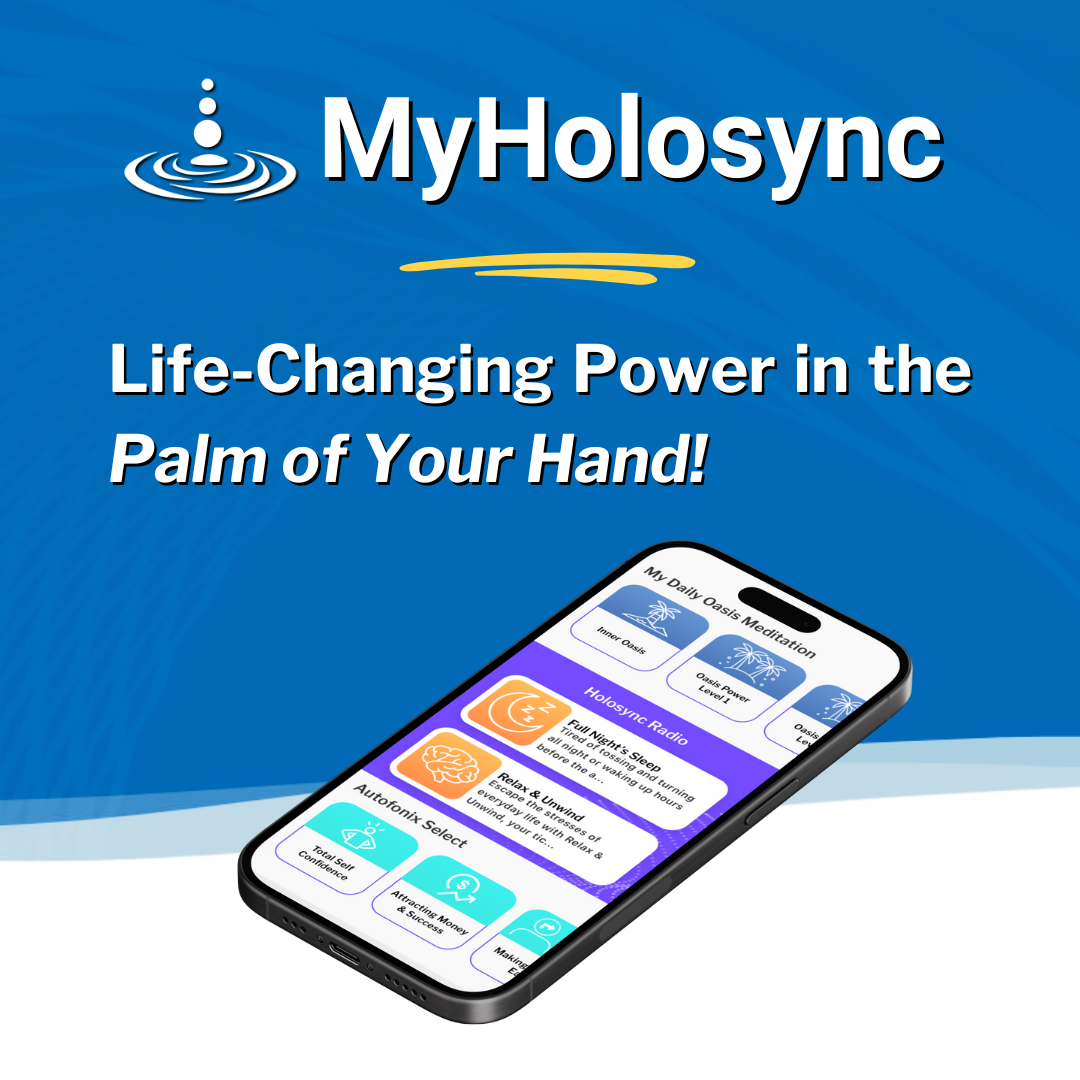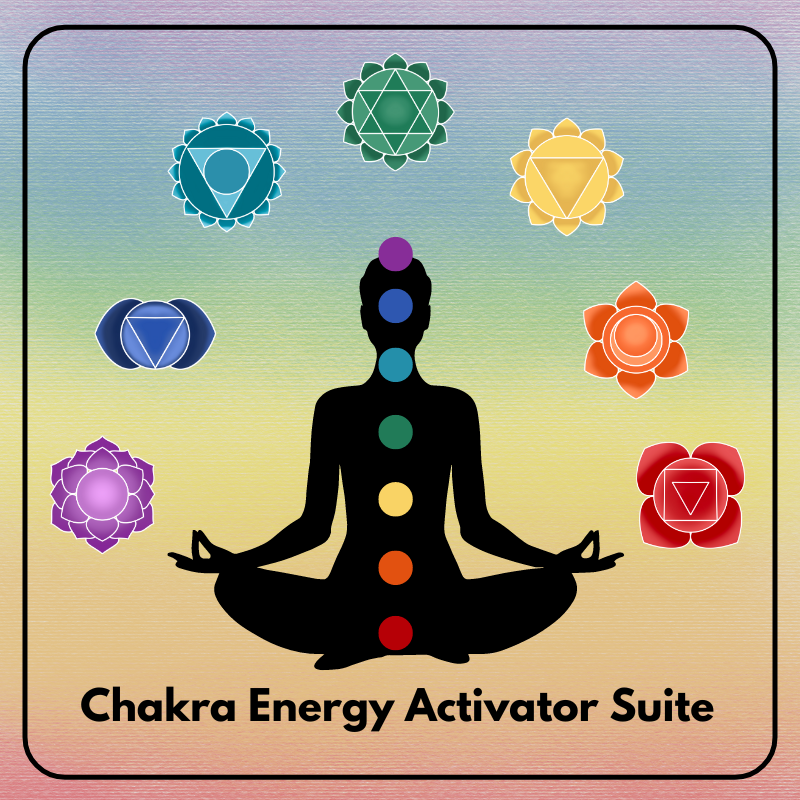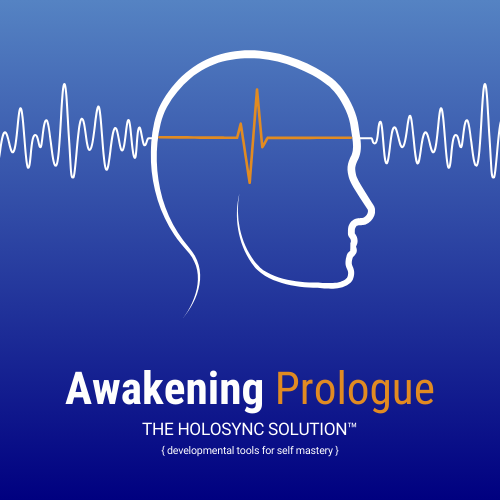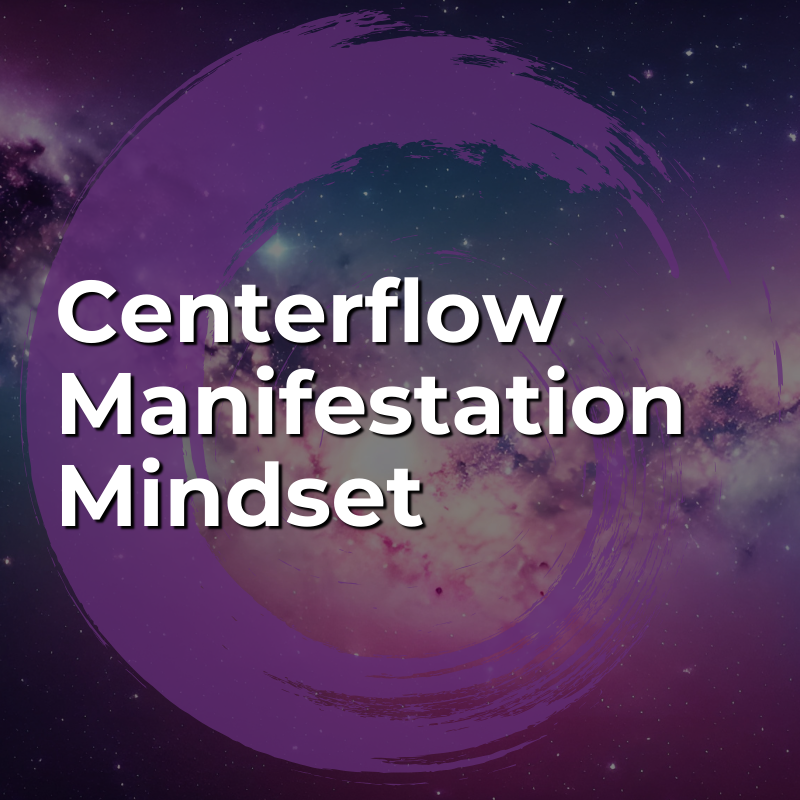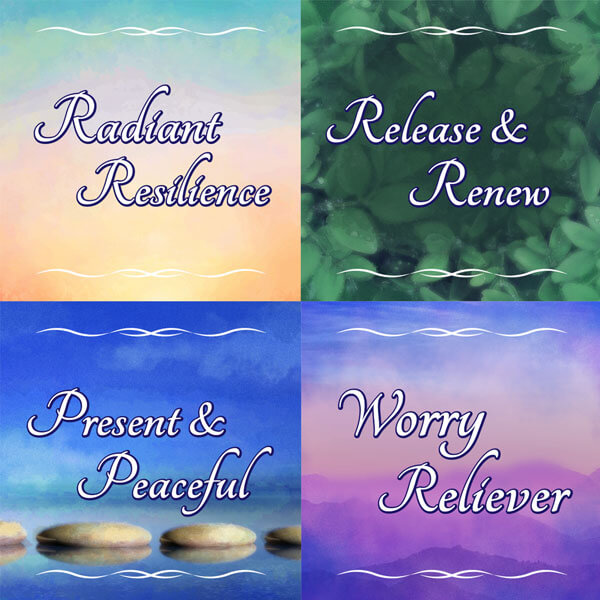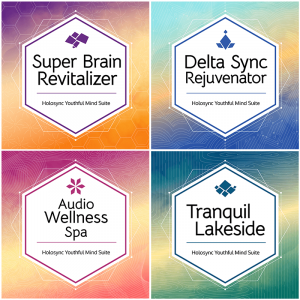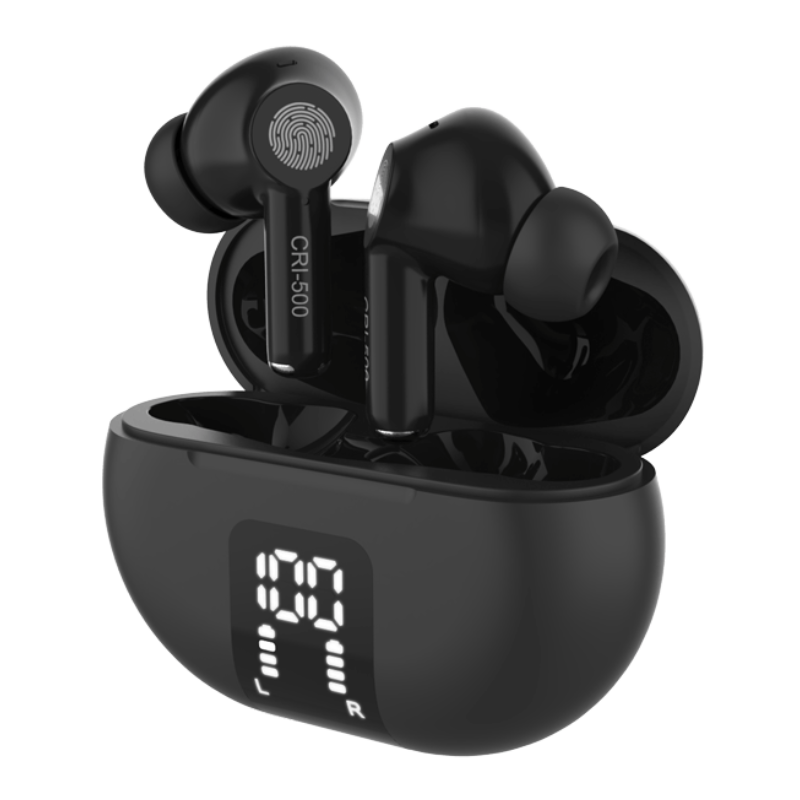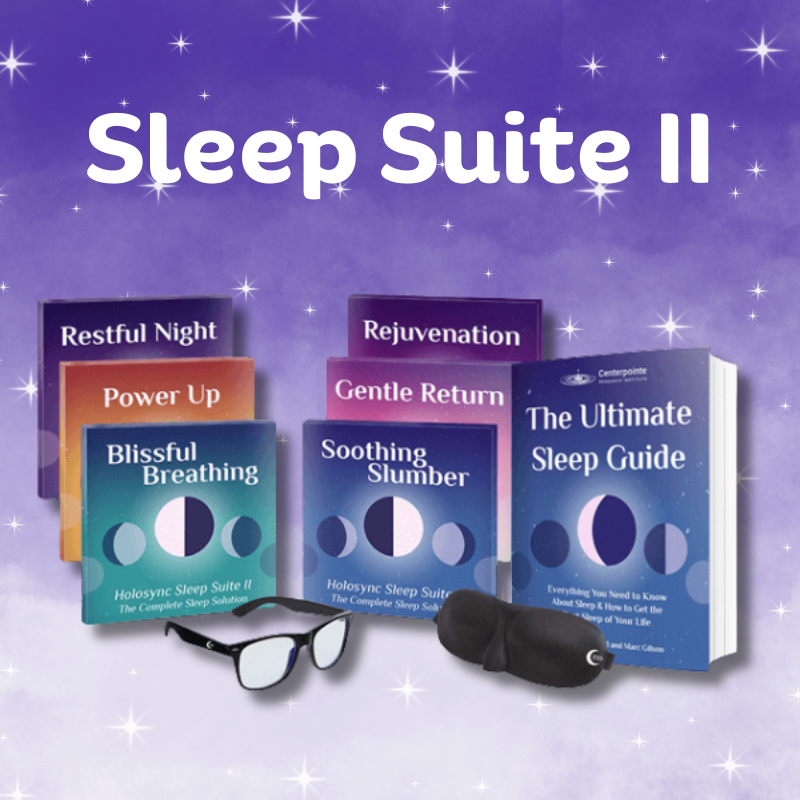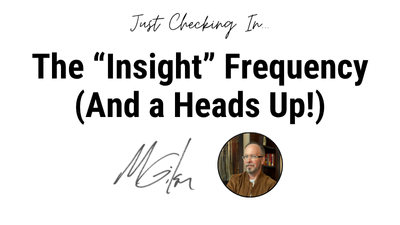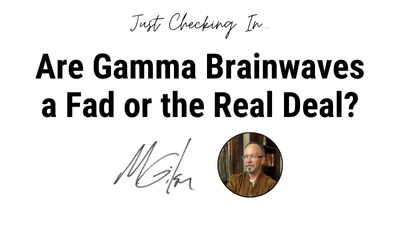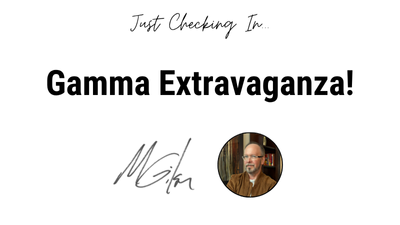“If there's something you can't do anything about, surrender to it, and then move on.”
- Bill Harris
Stress Harms the Brain & Deteriorates Your Body’s Vital Health
(What You Can Do to Reverse the Trend)
By Ryan Standifird
We talk a lot about the dangers of stress on your mental health. Your brain is where most of your stress originates, after all. Stress is often born from thoughts, from emotions, from memories and imagined possible worst-case scenarios.
But did you know that stress is also heavily processed in the body?
It may start in the brain, but stress causes certain body systems to shift their focus, to activate or deactivate, and puts extra strain on certain functions.
For example:
- Stress redirects the energy from your digestive system to other parts of the body to aid in the “fight or flight” response that accompanies stress.
- Stress raises heart rate, dilates your pupils, and tenses muscles to get ready for attacking or fleeing.
- Stress causes your brain to crave sugary foods, and sends signals to your body to store up as much fat as possible for extra survivability.
- Stress interferes with the prefrontal cortex - the part of the brain responsible for creative problem solving and long-term decision-making, leading to poor health decisions
- Stress disrupts the sleep cycle, preventing the brain and body from recovering and healing after a long and tiring day.
- Stress harms immune system function and creates opportunity for more illness and disease
And that’s just the tip of the iceberg.
It’s clear that stress isn’t just a brain problem - it’s also a body problem. And for folks who suffer from heart disease, diabetes, weak immune systems, cognitive issues, migraines, and other ailments…
…stress is likely playing a leading role in the development of these conditions.
So, where does stress come from anyway? Can we avoid it - or even get rid of it?
What Is Stress, Anyway?
Stress is an inevitable part of life. It’s often the result of things happening outside of our control. It can also result from things not happening, even though we’ve tried so hard to make them happen.
At its core, stress is resistance. It’s our reluctance to accept reality. It’s our way of pushing back against the relentless tide of unchangeable circumstances.
And while it’s often cast as the villain of the story, the truth is…
…stress is the reason we’re around today.
It’s stress that kept our ancestors out of the mouths of the great predators like saber-toothed tigers or packs of hungry wolves.
Stress allowed us to reserve our energy as we migrated across continents in search of food for the winter. It kept us awake to watch over our families during dangerous ancient nights. It helped us outrun the wild boar and catch sight of the snake before we stepped on it.
Stress has saved trillions of human lives over the course of our history.
But today, it’s ruining more lives than it’s saving.
That’s because for the vast majority of people, there are no wild animals chasing us, no dangerous trek across an ice bridge we have to make in search of food.
Instead our stress is from family drama, from school bullies, from getting stuck in traffic on a commute to work, from inflammatory political ads on TV, from news reports and online trolls.
The stress of today is not the same as it was a few thousand years ago. But our brains and our bodies don’t know that. If left to their own devices, they will still go into that primal survival mode at the first sign of our resistance.
Coping With Stress
That’s not to say we aren’t constantly trying to soothe ourselves and our stress. In fact, our reaction to stress is often shaped by how we’ve been taught to deal with the inconvenient circumstances of life. These are coping mechanisms we learn as children, and they can evolve into healthy or unhealthy versions as we get older and are exposed to more and more stress.
How we cope can make a major difference between relieving our stress in a mindful and productive way…
…or getting stuck in a perpetual cycle of stress and dysfunctional coping.
That leads to another way that stress can harm the body.
If our coping mechanisms of choice are eating sugary foods, indulging in alcohol, doing recreational drugs, or even relying heavily on prescription medications, then we’re not doing our bodies any favors.
These kinds of coping mechanisms may numb the stress in the short-term, but ultimately end up creating even more stress in the long run due to conditions like diabetes, liver failure, heart disease, digestion issues, sleep problems, and more health issues resulting from these coping mechanisms.
So, what kind of coping mechanisms are more effective at relieving stress while also healing the effects that stress has on the body (instead of making them worse)?
Three Mindful Stress Relief Strategies that Heal Brain & Body
Mindfulness is the ability to think about and weigh the consequences of your actions before you act. Mindful coping mechanisms are strategies where the cause and effect of the strategy has been thought through so as to enhance the benefits while mitigating the drawbacks.
To that end, here are three mindful stress relief strategies that you can use to relieve stress and heal both brain and body:
Mindful Stress Relief Strategy #1: Exercise
Exercise relieves stress in a way that improves your body, rather than hindering it. When you exercise, your brain releases endorphins which are hormones that act as a natural painkiller, stress-reliever and mood-booster.
A daily habit of exercise - even for just 15 minutes - is associated with more longevity, better brain function, and better sleep. It also helps improve body awareness and the brain-body connection.
Mindful Stress Relief Strategy #2: Take a “Forest Bath”
Have you ever heard of “Shinrin-Yoku” before? It's a powerful Japanese practice that translates to “forest bathing.”
The idea is that you go out to a natural spot, whether it’s a forest, a national park, a beach, a mountaintop, a creek, or any other area away from the sounds of the city.
Go as deep into this natural area as you feel comfortable and find a nice spot to relax.
Turn off your phone, sit back, and breathe deeply. Listen to the sounds of the breeze blowing through tree branches, the lone cry of a far-off hawk, the rushing water of the nearby stream.
These sounds are nature’s stress relief. Just as stress has been with us from the beginning, so have these sounds that activate our natural healing and recovery mode.
Shinrin-yoku was started back in 1982 by the Japanese National Health Program in an effort to combat work-related stress.
And after forty years of results, it turns out that “Forest Bathing” really works!
According to the National Institutes of Health, studies have found an abundance of positive physiological and psychological benefits to forest bathing including:
normalizing blood pressure
improved immune function
increased mental clarity
alleviating depression
chronic pain relief
lowering cortisol
boosted mood
better sleep
Give it a try, you might be surprised how great it feels to connect with nature.
Mindful Stress Relief Strategy #3: Meditate
The most effective way to relieve stress while also building up resistance to stress is through a daily practice of meditation - especially meditation with Holosync (which gives you 8x faster results compared to traditional meditation).
Meditation improves your awareness so you can choose better responses to life’s stress. It helps regulate your neurochemistry so that you can think more clearly. And it helps take you out of “fight or flight” mode so your body can recover.
There is even evidence that meditation helps foster better gut bacteria that are crucial to healthy digestion.
And now it’s easier than ever to heal your brain and your body with meditation thanks to a brand new Holosync collection called Mind-Body Total Rejuvenator that focuses on meditation’s ability to soothe the nervous system.
Your nervous system has two modes - sympathetic (the “fight or flight” survival mode) and parasympathetic (the relaxation response and recovery mode).
When people get stuck in that survival mode, it’s because their stress is out of control. If your sympathetic nervous system is always active, it leads to dangerous health problems like heart disease, insomnia, Alzheimer’s, stroke, digestion issues, and even reproductive problems.
Meditation can counteract this by activating the parasympathetic nervous system which regulates and heals those very same systems.
If your health is something you’re concerned about, and you are experiencing some of the ill effects of excess stress, then I highly suggest checking out Mind-Body Total Rejuvenator or any other Holosync meditation program so you can start to get your stress under control.
Your Relationship With Stress
Like I said, stress is inevitable. It saved us before, but now it’s up to us how we deal with it. Remember that with enough awareness, you gain the power to choose your stress relief method.
And once you have a choice, you can choose what’s best for you.
Check It Out!
Mind-Body Total Rejuvenator
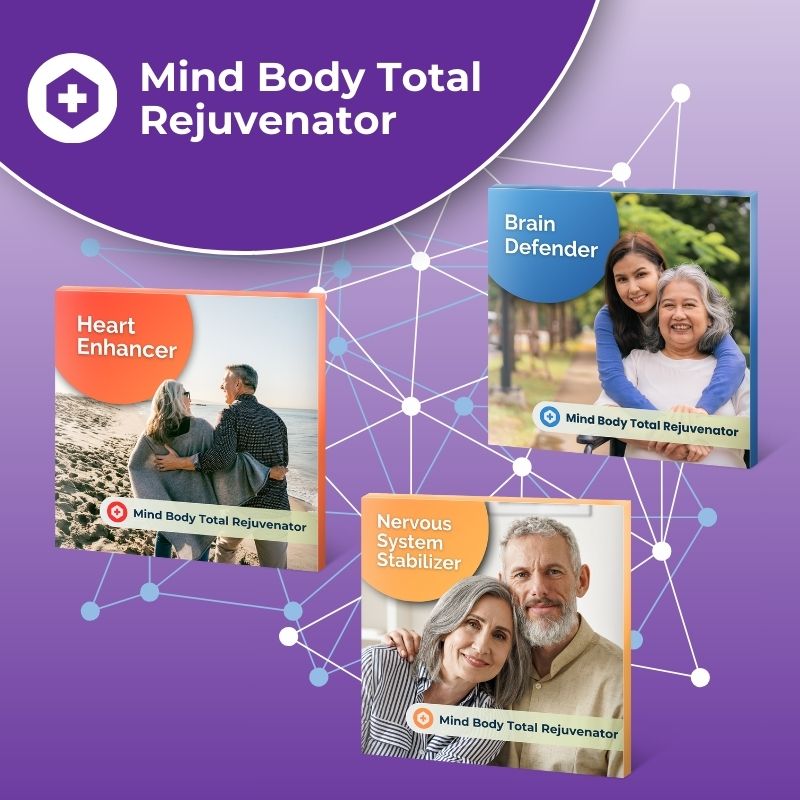
Doctors and scientists agree:
Meditation has a profound effect on your body’s major organs.
Now, for the first time ever, we’ve created a Holosync collection designed to boost the health and resilience of the three most crucial aspects of health:
Your heart, your brain, and your nervous system.
With Mind-Body Total Rejuvenation you’ll gain a game-changing daily routine proven to enhance and protect these critical systems to prolong and improve your life like nothing else.
Whether you want to improve your heart health, boost cognition, defend against illness, or just enjoy a healthier lifestyle, these tools make a major difference.
Maximize your health today with Mind Body Total Rejuvenation!
Wise Words
“At its core, stress is resistance. It’s our reluctance to accept reality”
- Ryan Standifird
This Really Happened
"I am on Day 3 of the 5-day Holosync challenge and just now realized that I have been super- productive and more energetic in the past 3 days than I usually am. I didn’t link it to holosync until today, when I had the 3rd day in a row like this. And when I thought more about what had changed….I realized that I have slept very well and consistently the last 2 nights. Very cool!
~Mary M.
5-Day Challenge Participant
We Want to Hear From You!
How do you cope with stress? Send us your thoughts!
Post your story on our Facebook Page.
Not on Facebook? Tell me about the impact that meditation with Holosync has had on your daily life. Stress? Sleep? Weight Loss? Focus? Spiritual Connection? Other?
Email your story here:
Find Us On Facebook
Post your story on our Facebook Page.
Not On Facebook?
Email Us!
Pay It Forward:
Your story may profoundly affect the life of a person you never meet,
but who will be forever grateful.

